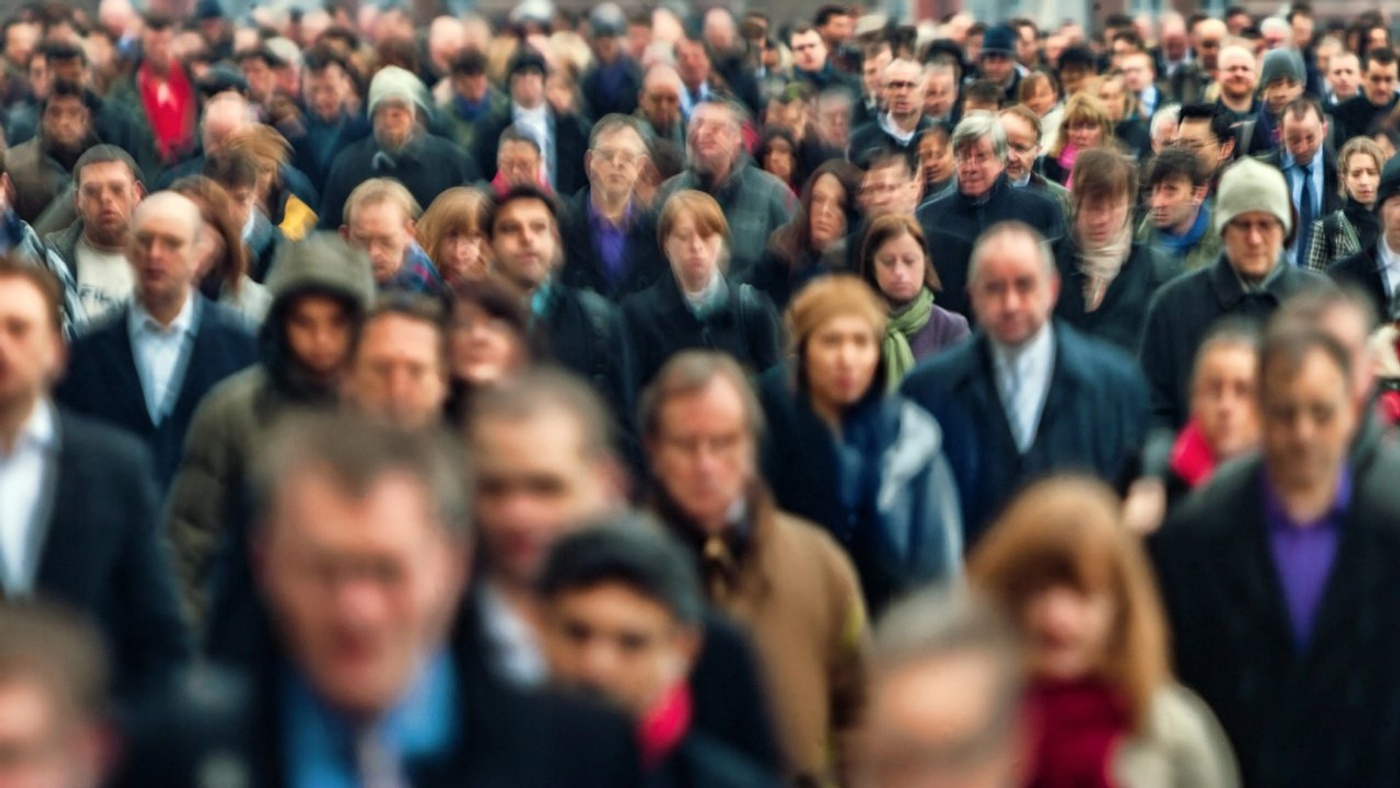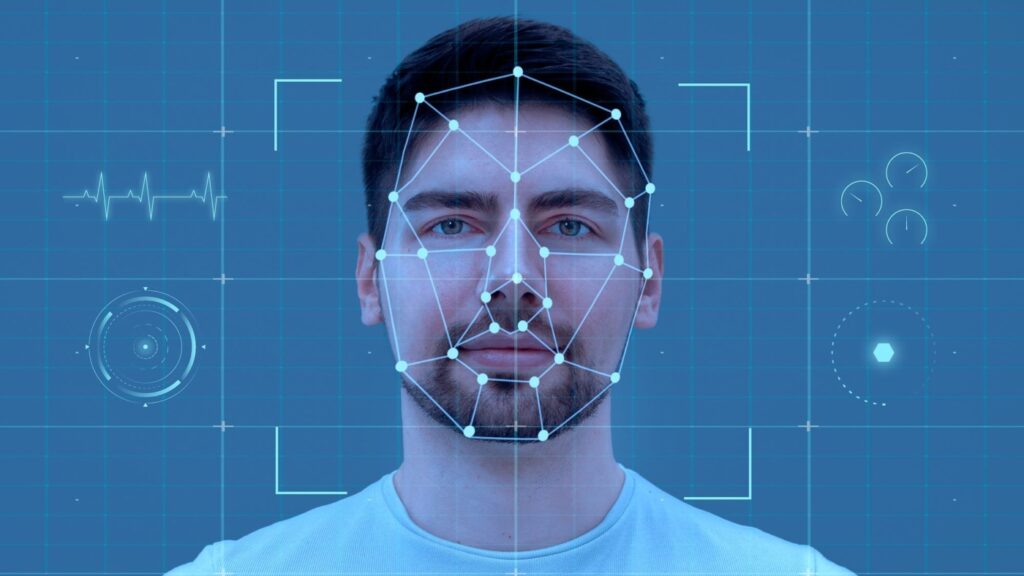The phrase we often use, ‘I’ve seen this face before,’ actually points to the complex face recognition ability of the human brain. According to a study at a university in England, a person has the capacity to recognize 5000 different faces on average. However, this capacity is not the same in every individual; some might be more skilled in this regard while for others, recognizing faces can be a challenging process.
The fusiform face area in our brain is a critical region that enables us to recognize faces. When this area is damaged or not well-developed, it can lead to a condition known as prosopagnosia, or face blindness. This condition makes it difficult or impossible to recognize familiar faces.
Individual Differences in Face Recognition Capacity

Another factor that affects our face recognition ability is environmental influences. For example, there can be significant differences between the ‘face pool’ of someone who grew up in a small town versus someone who travels frequently and has broad social circles. Factors like urban living, television watching habits, and social interactions can greatly influence our face recognition capacity.
In conclusion, our ability to recognize faces is a combination of innate factors and experiences acquired throughout life. Our brain has an extraordinary mechanism that enables us to remember familiar faces, yet this ability is limited and can vary between individuals. Understanding this fascinating capability of the human brain more deeply will continue to be an important part of future neurological and psychological research.
Source: Science ABC


